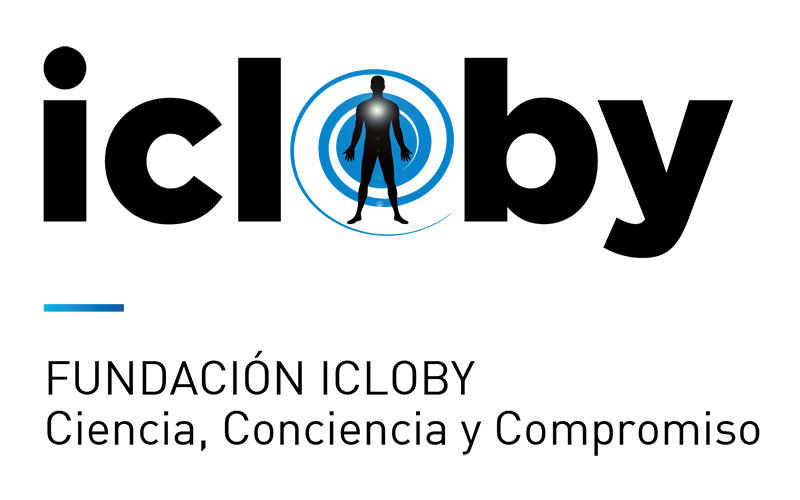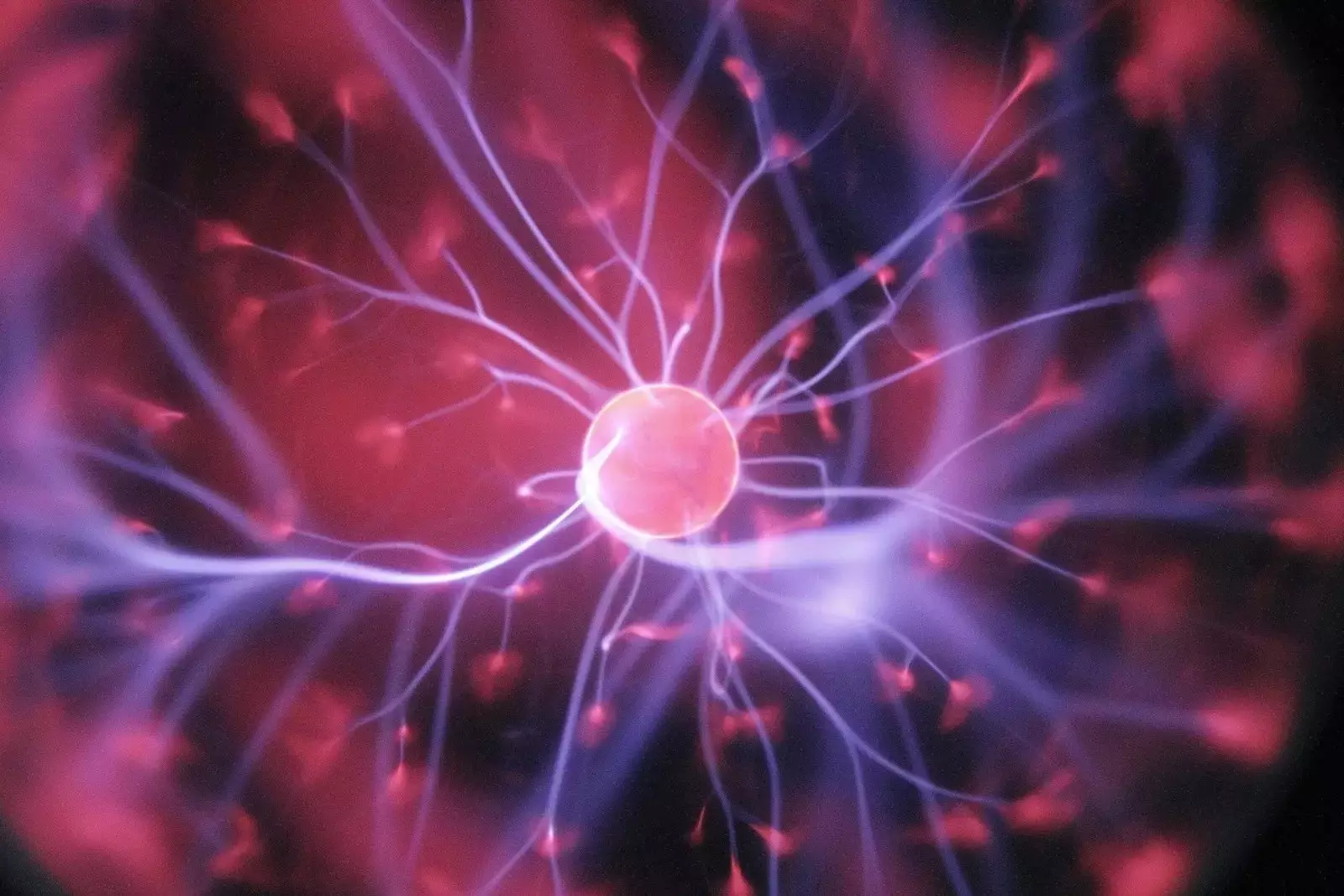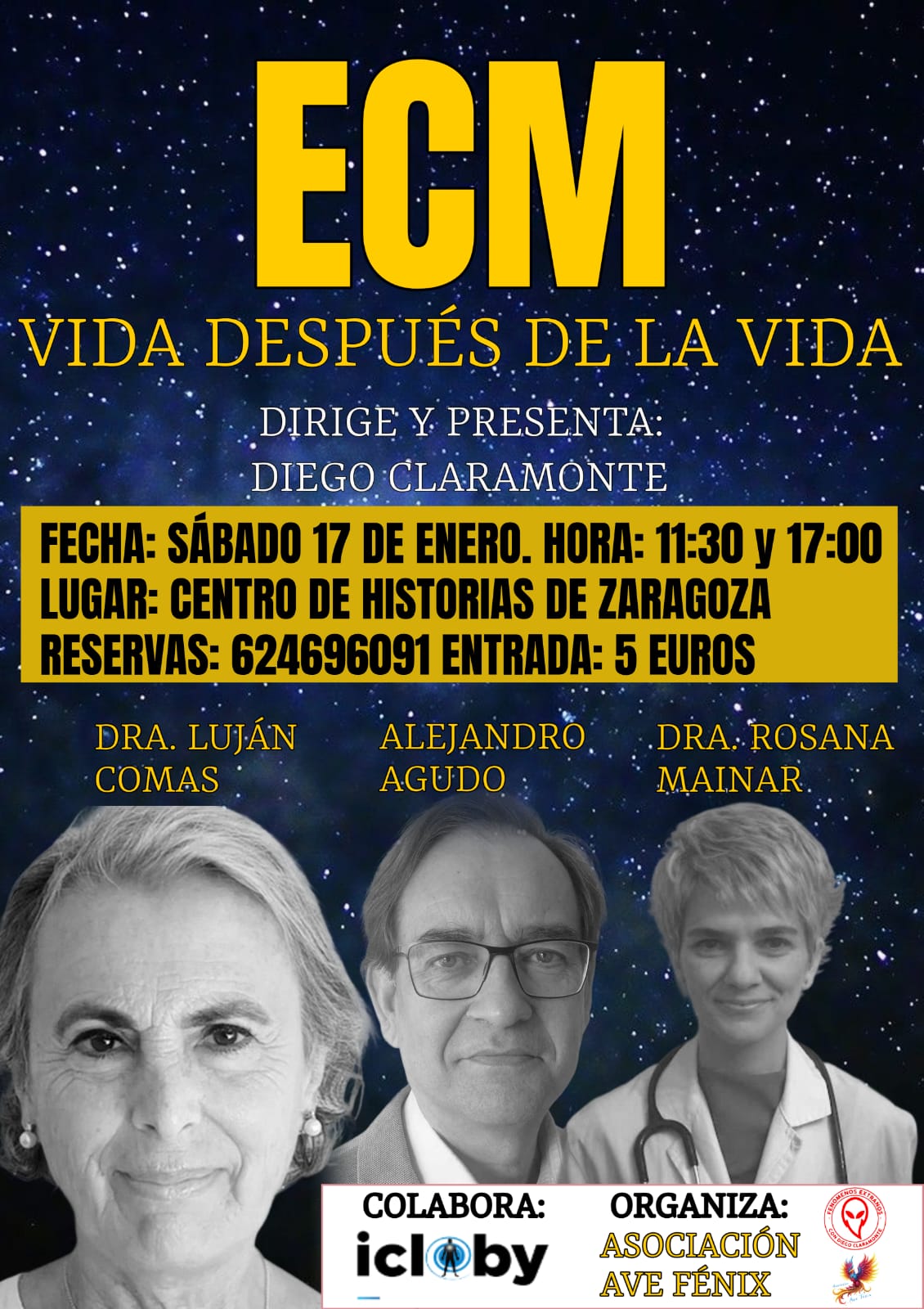而文章将理想主义的起源追溯到河马的奥古斯丁, 它的根源可以说是延伸至plotinus,甚至柏拉图.
Bernardo Kastrup, 谁在计算机工程和哲学中拥有博士学位, 是当今最原始,最引人注目的哲学家之一. 他拥护分析唯心主义, 对我们应该如何理解世界有很大的见解, 意识, 现实本身.
卡斯特鲁普不仅复兴了奥古斯丁的理想主义者观点, 不料, 也是托马斯·阿奎那(Thomas Aquinas) - 学术哲学的两个主要人物. 而唯心主义将与黑格尔达到顶峰, kastrup不否认经验现象的现实, 允许他的想法与现代科学发展保持一致.
他的独创性脱颖而出(感谢他在麻省理工学院和计算机科学领域的背景 - 断言这种经历并没有超越思想; 意识不会超越自身.
两个kastrup, 意识是建立完整的生存理论的基本现实, 在量子物理和神经科学的进步的支持下.
他认为唯物主义, 物理主义, 自然主义是不完整的或错误的本体论的 - 现实的模型既不是科学所必需的,也不值得保存. 现实, 他声称, 从根本上讲是意识, 而我们认为外部现实只是给出的东西.
在这些非本地现象中, 他包括心灵感应和远程观看的PSI能力, 以及某些物质引起的冥想状态和经验. 与期望相反, 这些不断扩展的意识状态(深度和意识)经常伴随着大脑活动的减少
如果意识仅仅是大脑活动的副产品, 那么为什么在这种提高的意识状态下,大脑活动会减少?
卡斯特鲁普(Kastrup)使用这种悖论来加强他的理想主义者模型, 意识是基本的,就像这种观点的种子已经存在于奥古斯丁的学术哲学中.
»scar llorens i garcia





